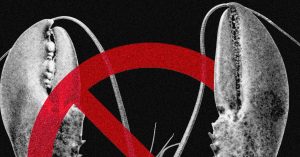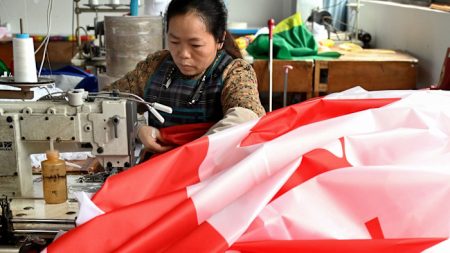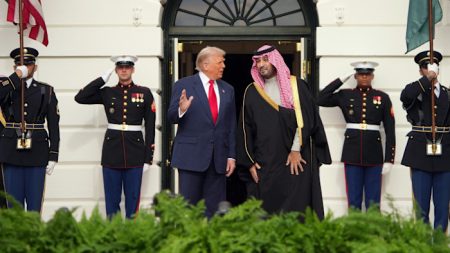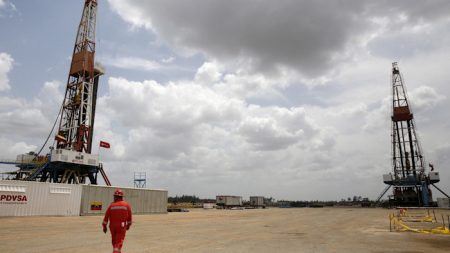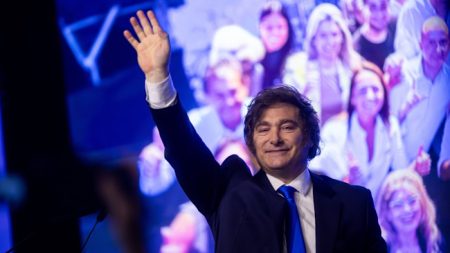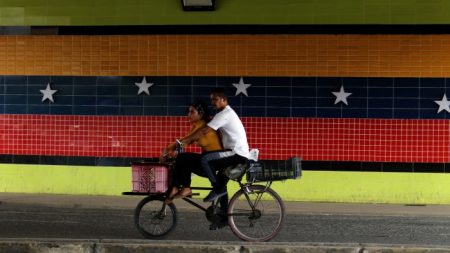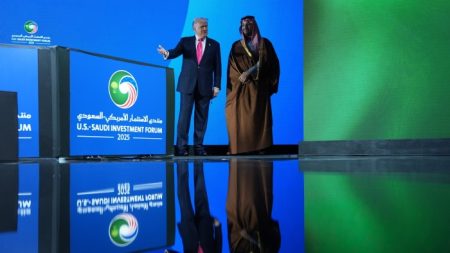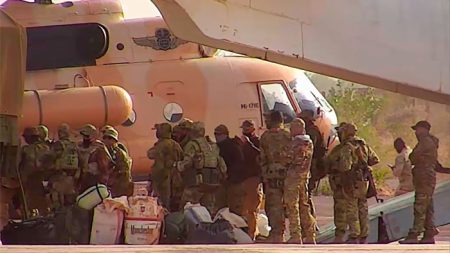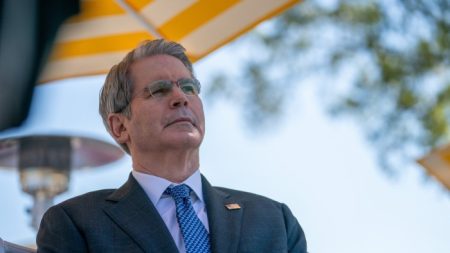Unlock the Editor’s Digest for free
Roula Khalaf, Editor of the FT, selects her favourite stories in this weekly newsletter.
India has announced a trade pact with four small European countries featuring what New Delhi described as a “binding” commitment by the partner states to invest $100bn and create 1mn jobs over 15 years.
The deal was struck after more than 15 years of negotiations with the European Free Trade Association, whose members are Switzerland, Iceland, Norway and Liechtenstein, none of which are big trading partners for New Delhi.
The announcement comes days before Prime Minister Narendra Modi is due to announce dates for a national election, in which his government’s economic record over the past five years, including on negotiating free trade agreements, will be in focus.
The Modi government has actively pursued trade deals, signing pacts with the United Arab Emirates, Australia and Mauritius since taking power in 2014. However, mooted trade agreements with the EU and UK — New Delhi’s far larger European trade partners — remain unsigned.
EFTA spokesperson Asdis Olafsdottir said the association’s states “shall aim” to increase foreign direct investment into India by $50bn in the first decade of the agreement and another $50bn in the five years after that, with the hope that the investment created 1mn jobs in the country of 1.4bn people.
“Tariff reductions by India are not dependent on investment by EFTA in India under the agreement,” Olafsdottir told the Financial Times, adding that “if the shared objectives are not reached, India has the possibility to suspend concessions 20 years after the agreement enters into force.”
The deal is expected to ease access for companies from the European countries to India’s vast market in areas such as processed food and drinks, and electrical machinery, along with luxury items such as Swiss watches.
India’s government said the agreement covered more than 82 per cent of its own tariff lines — each representing an individual product — accounting for more than 95 per cent of EFTA exports.
Sectors such as dairy, soya, coal and “sensitive agricultural products” will be excluded, however. EFTA’s biggest export to India by far is gold and New Delhi said the effective duty on this would remain untouched.
India said the agreement would boost its services exports in areas such as information technology, business services and education, and give impetus to Modi’s Make in India drive to boost investment and job creation in the country’s underperforming manufacturing sector.
New Delhi said the pact would improve its own access in the case of more than 92 per cent of EFTA’s tariff lines covering almost all its exports to the bloc.
“For the first time, India is signing [an] FTA with four developed nations, an important economic bloc in Europe,” Piyush Goyal, India’s commerce minister, said in a statement. “For the first time in the history of FTAs, binding commitment of $100bn investment and 1 million direct jobs in the next 15 years has been given.”
Norway’s FDI into India during the first two decades of this century stood at just $280mn, according to India’s foreign ministry, while Switzerland’s FDI into India between 2000 and 2022 was $10.5bn, according to the Swiss government.
A Swiss official said the two sides had been guided by the principle of securing a “balanced” deal between the world’s most populous country and four rich but small nations.
“If you look at the different market sizes, India offers 1.4bn population, plus it’s a door to the global world, and us together we are 15mn [population],” Helene Budliger Artieda, Swiss state secretary for economic affairs, told reporters. “Pledging this foreign investment makes it a balanced deal.”
The Modi government is set to announce dates for a lower house election expected by May later this week.
The announcement came amid continuing delays in India’s negotiation of a much bigger potential free trade deal with the UK, where negotiators have been at odds over Indian social security, visas for Indian workers and other issues. The latest round of talks on that agreement ended last week.
Read the full article here

